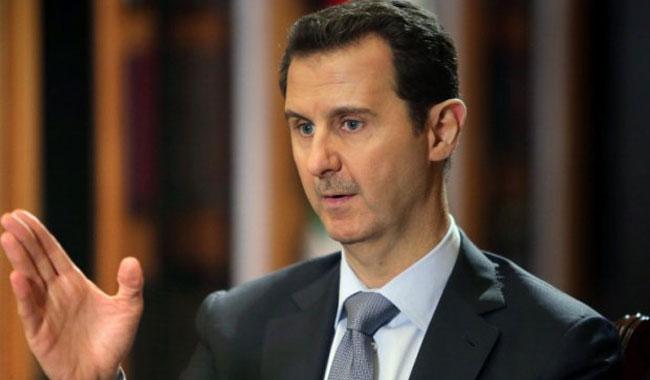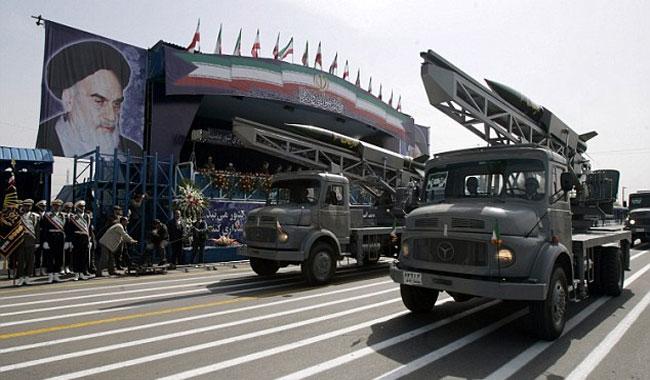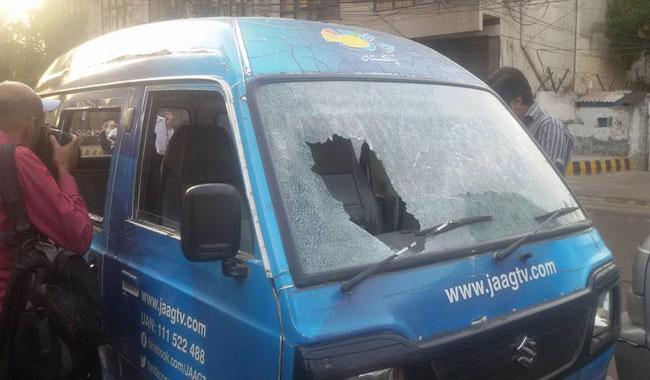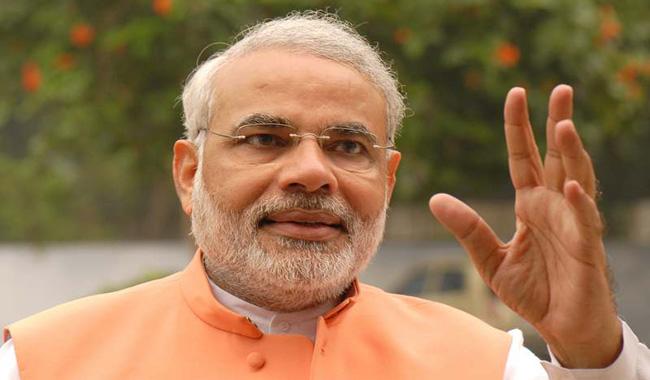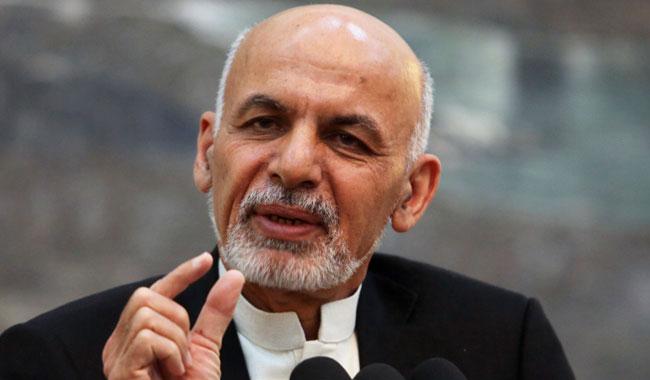Washington: US doctors and hospitals throw out almost $3 billion (roughly 2.7 billion euros) in unused cancer drugs each year because the medicines come in supersized single-use packages and excess medicine must be discarded for safety reasons, a recent paper suggests.
Researchers focused on 20 expensive medicines that are given by injection or intravenous drip and require doses adjusted based on the patient’s body size. Often, the packages contain much more medicine than patients need, and the leftovers wind up in the trash.
Even when much of the medicine goes in the garbage, patients pay for the whole vial, said lead author Dr. Peter Bach, director of the Center for Health Policy and Outcomes at Memorial Sloan Kettering Cancer Center in New York City.
“The waste is driving up the cost of their care and it is money that they are spending that provides them no benefit,” Bach said by email. “It also drives up the cost for their insurance, which leads to higher premiums, which costs them more money too.”
Patients and insurers pay drug manufacturers about $1.8 billion a year for medicines that are thrown away, Bach and colleagues report in The BMJ.
They also pay an additional $1 billion to doctors and hospitals on wasted medications, according to the analysis.
Waste isn’t inevitable, the researchers conclude.
Take bendamustine, a drug for leukemia, that is sold in a broad array of package sizes. Doctors can combine different sized vials to get so close to the precise amount needed by the patient that only about 1 percent of the drug is wasted, the analysis finds.
But with another drug, bortezomib for multiple myeloma, the only available package size is far larger than what a typical patient needs and up to 30 percent of sales are due to wasted medicine, the analysis finds.
The drugs in the study treat a wide variety of tumors including breast, colon, prostate and pancreatic malignancies. They are all what’s known as biologic medicines, which are engineered from living cells, and they are generally far more expensive than pills.
Biologic medicines often lack preservatives and have a higher risk of contamination than other drugs, and leftovers from single-use vials are thrown out because using them could give patients infections, said Stacie Dusetzina, a pharmacy researcher at the University of North Carolina Chapel Hill who wasn’t involved in the study.
“One of the clearest solutions to this waste is to have more dosing options available,” Dusetzina said by email. That would require drug makers to sell the medicines in a variety of package sizes.
More packaging options might also help with drug shortages, Dr. Yoram Unguru, an oncology researcher at Johns Hopkins University in Baltimore who wasn’t involved in the study, said by email.
While drug packages might in theory be used for more than one patient, in reality this would require scheduling people who need the same medicine to come in to receive chemotherapy at the same time, said Dwight Kloth, director of pharmacy at Fox Chase Cancer Center in Philadelphia.
“This is very difficult to do, and anything but convenient for patients,” Kloth, who wasn’t involved in the study, said by email.
Beyond scheduling, concerns about safe handling and storage of opened vials to avoid contamination generally stop this type of sharing from happening, said Dr. Nancy Keating of Brigham and Women’s Hospital and Harvard Medical School in Boston.
“Given concerns about causing harm, most healthcare entities (if not all) consider that use of single-use vials should be for a single patient,” Keating, who wasn’t involved in the study, said by email. “Thus, any leftover drug gets discarded.”



